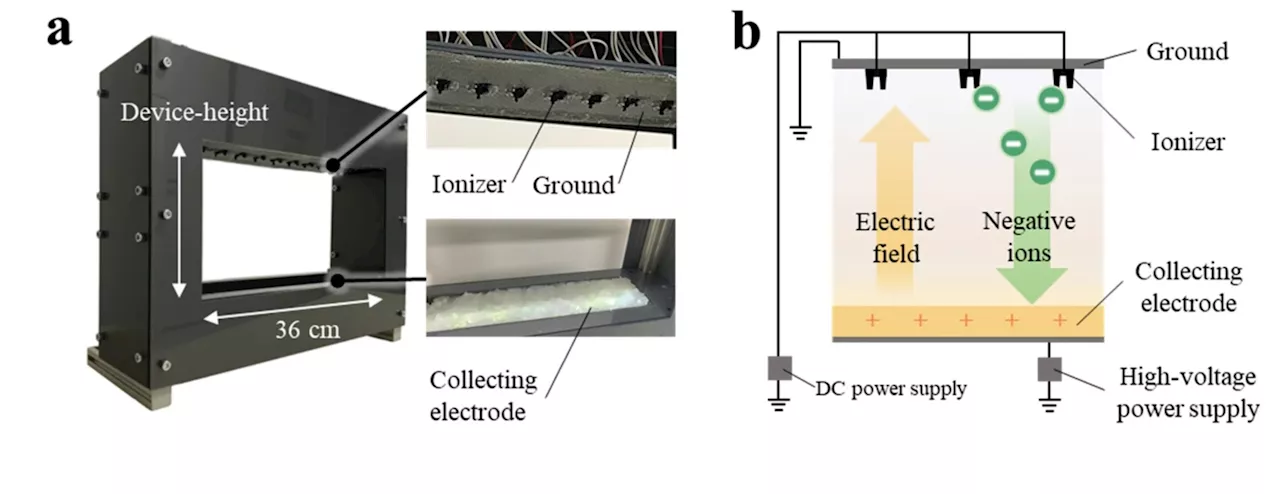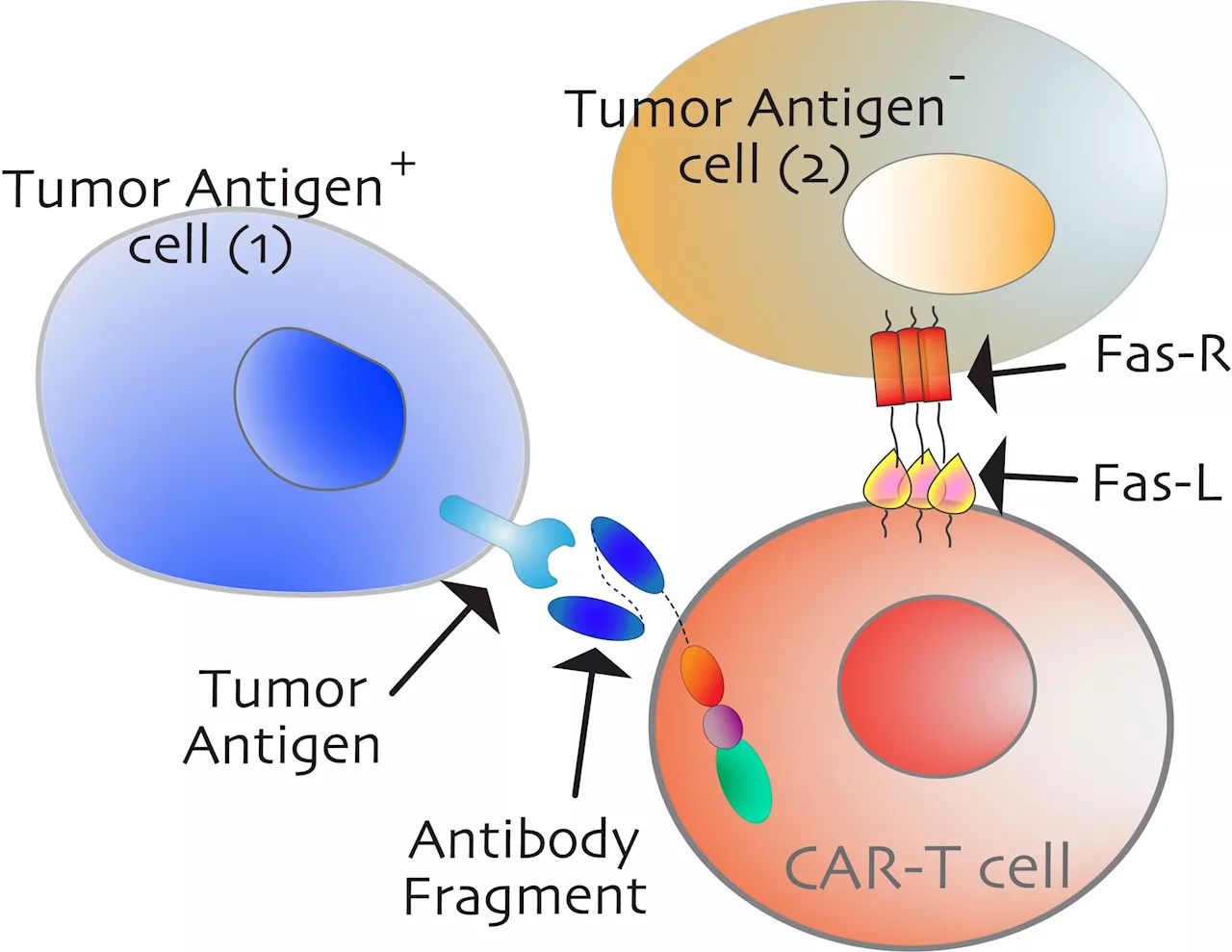Researchers from the University of Jyväskylä in collaboration with the Institute of Biomedicine University of Turku and Nova Central Finland have developed an artificial intelligence tool for automatic colorectal cancer tissue analysis.
Reviewed by Danielle Ellis, B.Sc.Oct 24 2023 The refined neural network outperformed all previous solutions in the task. The neural network offers a faster, more precise method for classifying colorectal cancer tissue images from microscope slides. This could significantly reduce the workload of histopathologists, leading to quicker insights, prognoses, and diagnoses.
Public accessibility for future advancements In a significant nod to open science and cooperative growth, the researchers are making the trained neural network tool available to the public. This gesture is intended to spur further advancements by inviting scientists, researchers, and developers globally to refine its capabilities and investigate new applications.
"By granting universal access, the aim is to fast-track breakthroughs in colorectal cancer research", adds Fabi Prezja, who was responsible for the design of the method. Stringent clinical validation is imperative While the results are promising, it's crucial to adopt AI in clinical settings judiciously. The calibre and diversity of medical data are central to the success of AI-driven methods. As these AI solutions inch closer to routine clinical implementation, it's imperative they undergo stringent clinical validation to ensure their outcomes consistently align with clinical standards.Journal reference:Prezja, F., et al. .
United Kingdom Latest News, United Kingdom Headlines
Similar News:You can also read news stories similar to this one that we have collected from other news sources.
 AI tool outperforms prior methods for colorectal cancer analysisResearchers from the University of Jyväskylä in collaboration with the Institute of Biomedicine University of Turku and Nova Central Finland have developed an artificial intelligence tool for automatic colorectal cancer tissue analysis. The refined neural network outperformed all previous methods of evaluation.
AI tool outperforms prior methods for colorectal cancer analysisResearchers from the University of Jyväskylä in collaboration with the Institute of Biomedicine University of Turku and Nova Central Finland have developed an artificial intelligence tool for automatic colorectal cancer tissue analysis. The refined neural network outperformed all previous methods of evaluation.
Read more »
 Durham coastline: Concern Storm Babet will escalate cliff erosionNewcastle University researchers say sediment washed away by high waves has left the coast exposed.
Durham coastline: Concern Storm Babet will escalate cliff erosionNewcastle University researchers say sediment washed away by high waves has left the coast exposed.
Read more »
 Collective intelligence can help reduce medical misdiagnosesResearchers from the Max Planck Institute for Human Development, the Institute for Cognitive Sciences and Technologies (ISTC), and the Norwegian University of Science and Technology developed a collective intelligence approach to increase the accuracy of medical diagnoses.
Collective intelligence can help reduce medical misdiagnosesResearchers from the Max Planck Institute for Human Development, the Institute for Cognitive Sciences and Technologies (ISTC), and the Norwegian University of Science and Technology developed a collective intelligence approach to increase the accuracy of medical diagnoses.
Read more »
![]() India plans semiconductor research institute to rival the world's finestAnd gives itself five years to build silicon photonics cores
India plans semiconductor research institute to rival the world's finestAnd gives itself five years to build silicon photonics cores
Read more »
 Using ions and an electric field to prevent airborne infection without impeding communicationA novel device developed by researchers from Tokyo Institute of Technology, Tokyo Medical and Dental University, and Chiba University in a new study utilizes ions and an electric field to effectively capture infectious droplets and aerosols, while letting light and sound pass through to allow communication.
Using ions and an electric field to prevent airborne infection without impeding communicationA novel device developed by researchers from Tokyo Institute of Technology, Tokyo Medical and Dental University, and Chiba University in a new study utilizes ions and an electric field to effectively capture infectious droplets and aerosols, while letting light and sound pass through to allow communication.
Read more »
 Researchers identify 'switch' to activate cancer cell deathA research team from the UC Davis Comprehensive Cancer Center has identified a crucial epitope (a protein section that can activate the larger protein) on the CD95 receptor that can cause cells to die. This new ability to trigger programmed cell death could open the door for improved cancer treatments. The findings were published Oct.
Researchers identify 'switch' to activate cancer cell deathA research team from the UC Davis Comprehensive Cancer Center has identified a crucial epitope (a protein section that can activate the larger protein) on the CD95 receptor that can cause cells to die. This new ability to trigger programmed cell death could open the door for improved cancer treatments. The findings were published Oct.
Read more »
